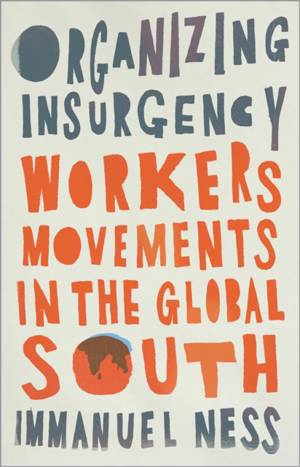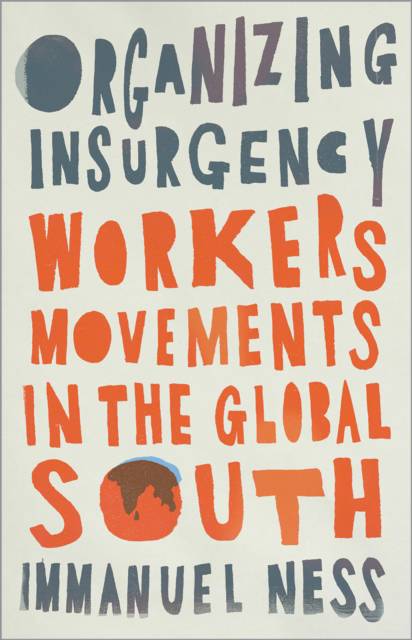
Je cadeautjes zeker op tijd in huis hebben voor de feestdagen? Kom langs in onze winkels en vind het perfecte geschenk!
- Afhalen na 1 uur in een winkel met voorraad
- Gratis thuislevering in België vanaf € 30
- Ruim aanbod met 7 miljoen producten
Je cadeautjes zeker op tijd in huis hebben voor de feestdagen? Kom langs in onze winkels en vind het perfecte geschenk!
- Afhalen na 1 uur in een winkel met voorraad
- Gratis thuislevering in België vanaf € 30
- Ruim aanbod met 7 miljoen producten
Zoeken
€ 37,95
+ 75 punten
Uitvoering
Omschrijving
"In these depressing times, when the neoliberal consensus has acquired an aura of inevitability akin to the Laws of Physics, it is a breath of fresh air to read serious scholarship that challenges this consensus."--Norman Finkelstein, author, The Rise and Fall of Palestine Professor Immanuel Ness's important book offers clear insight and valuable case studies that display why it seems workers in the Global South are doomed through economic imperialism to carry the burden of the entire world. While these workers appear isolated from the Global North, they are, in fact, deeply integrated into global supply chains and essential to the maintenance of global capitalism. Looking at contemporary case studies in India, the Philippines and South Africa, Ness's book affirms the significance of political and economic representation to the struggles of workers against deepening levels of poverty and inequality that oppress the majority of people on the planet. Immanuel Ness shows that workers are eager to mobilize to improve their conditions, and can achieve lasting gains if they have sustenance and support from political organizations. From the Dickensian industrial zones of Delhi to the agrarian oligarchy on the island of Mindanao, a common element remains: when workers organize they move closer to the realization of socialism, solidarity, and equality. The Global South is the epicenter of workers' struggles today, and Organizing Insurgency explains the dynamics that are driving change and pushing back against the working class. Essential reading for everyone who wishes to understand the proletarianization of the Global South. Here is an in-depth, accessible examination of modern forms of imperialist exploitation rarely covered by mainstream social science.
Specificaties
Betrokkenen
- Auteur(s):
- Uitgeverij:
Inhoud
- Aantal bladzijden:
- 216
- Taal:
- Engels
- Reeks:
Eigenschappen
- Productcode (EAN):
- 9780745343594
- Verschijningsdatum:
- 26/03/2021
- Uitvoering:
- Paperback
- Formaat:
- Trade paperback (VS)
- Afmetingen:
- 135 mm x 213 mm
- Gewicht:
- 340 g

Alleen bij Standaard Boekhandel
+ 75 punten op je klantenkaart van Standaard Boekhandel
Beoordelingen
We publiceren alleen reviews die voldoen aan de voorwaarden voor reviews. Bekijk onze voorwaarden voor reviews.









